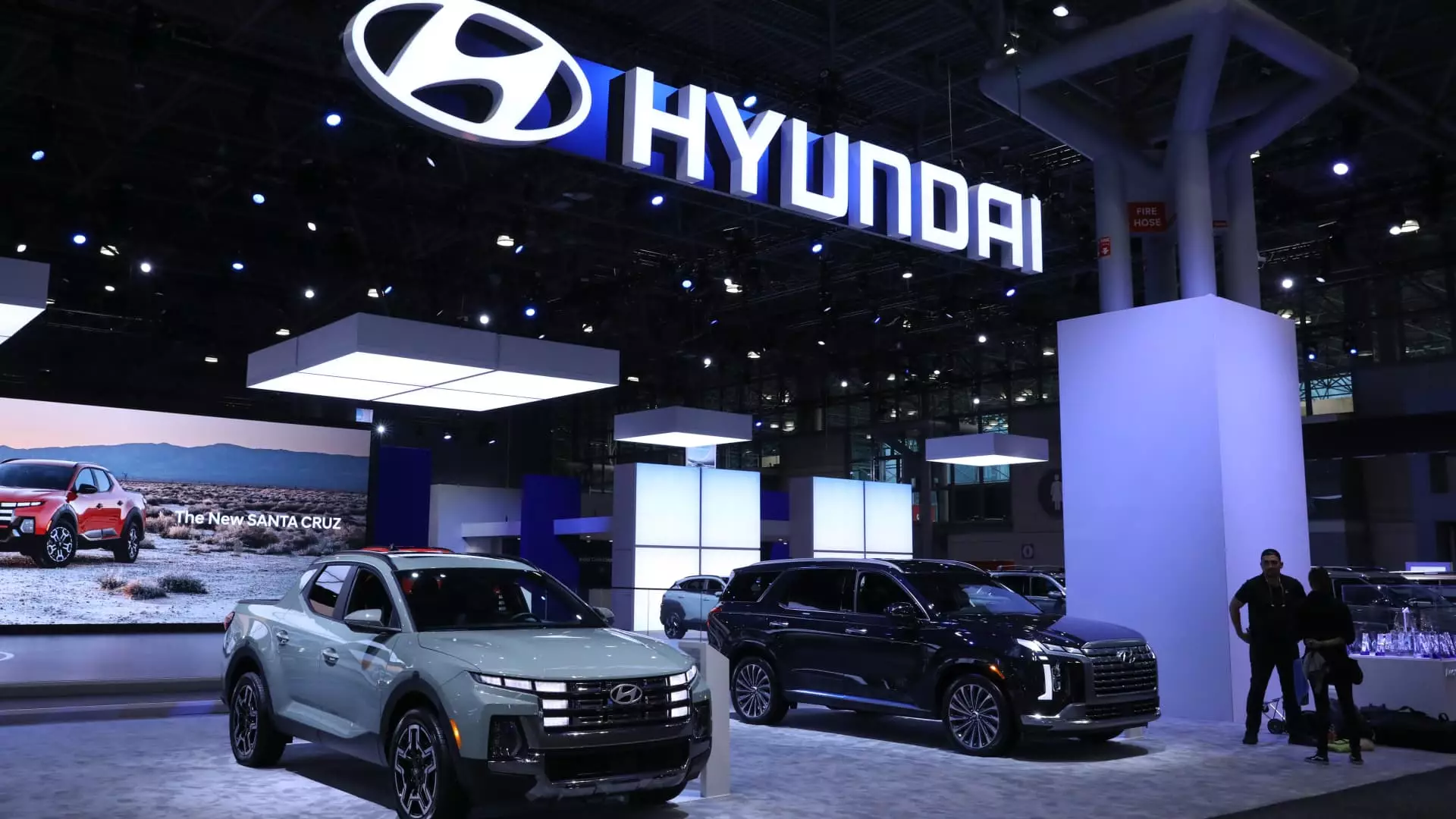In a groundbreaking move, South Korean automotive giant Hyundai plans to invest a staggering $20 billion into U.S. operations, which includes a $5 billion state-of-the-art steel plant located in Louisiana. This significant investment illustrates a broader trend of global companies realigning their manufacturing strategies closer to their primary markets. As geopolitical tensions rise and trade policies fluctuate, such moves may represent a crucial shift in how countries engage in trade and manufacturing. It doesn’t merely reflect economic pragmatism; it serves as a primary example of how foreign corporations are beginning to navigate an increasingly complex landscape of tariffs and trade disputes.
Job Creation and Economic Benefits
The new Louisiana plant is slated to create around 1,500 jobs, providing a welcome boost to the local economy. However, it is not just jobs that are at stake; the investment signifies a deeper commitment from Hyundai to participate in the American economy actively. While many may argue that foreign investment can lead to the undermining of local businesses, this instance showcases a company that genuinely aims to integrate into the U.S. supply chain. In a time when manufacturing jobs are often dwindling, Hyundai’s decision is a crucial lifeline for areas in need of economic rejuvenation.
Locating in the Heart of Key Markets
Hyundai’s strategy goes beyond mere job creation; it paves the way for the manufacturing of next-generation steel tailored to electric vehicle (EV) production. This move aligns seamlessly with the burgeoning EV market in the U.S., where infrastructure and consumer interest are rapidly evolving. By localizing its production, Hyundai not only reduces the environmental impact associated with shipping materials from overseas but also positions itself advantageously against competitors like Tesla. In an industry in which innovation is paramount, strategic localization provides a competitive edge that cannot be understated.
Possible Political Ramifications
Hyundai’s announcement coincides with a politically charged climate surrounding tariffs, particularly as President Trump gears up for another tumultuous trade season. By choosing to invest in the U.S., Hyundai positions itself as a player that seeks to dodge looming tariffs while amplifying its presence within a critical American market. This decision may even put pressure on U.S. lawmakers to reconsider current tariffs and trade agreements that some countries, including South Korea, find burdensome. Hence, Hyundai is not merely making a business decision; it is taking a step into the political arena, advocating for a more favorable trade environment.
The Larger Implications of Globalization
Hyundai’s move is not an isolated incident but part of a broader narrative that reflects how globalization is evolving in the face of nationalistic policies. It serves as a reminder of the interconnectedness of global economies, where businesses must adapt or perish. Hyundai’s relationship with American markets underlines the importance of collaboration, hinting that a return to isolationist policies would only serve to hurt economies on both sides.
Ultimately, Hyundai’s $20 billion investment is more than just numbers; it serves as a bellwether for the future of American manufacturing and a challenge to nationalistic trade policies.

